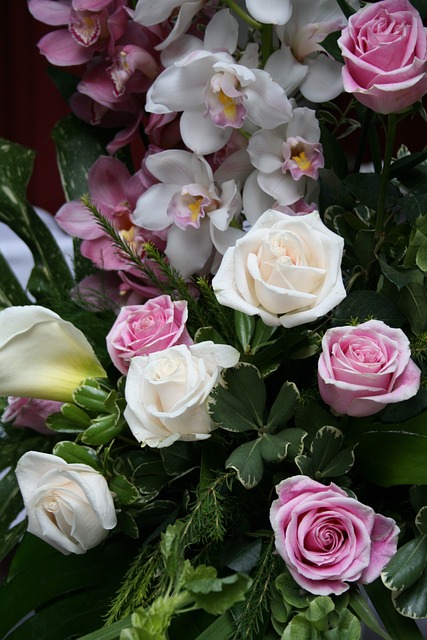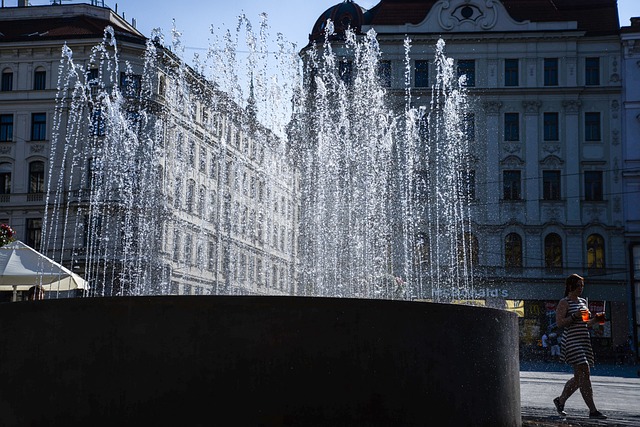ve so 😎 The Evolution of Vietnamese Lottery: A Dance of Fate and Fortune

Xin chào các bạn! Nội dung hôm nay sẽ xoay quanh ve so và ve so. Cảm ơn vì đã đồng hành! Vào chủ đề ngay thôi!
In the heart of Vietnam, where tradition meets modernity, the lottery system has woven itself into the fabric of daily life, captivating the imagination of countless citizens. This phenomenon, known locally as "vé số," has transcended mere chance, morphing into a cultural landmark that reflects the hopes, aspirations, and sometimes the desperation of the Vietnamese people. The narrative of vé số is not just a tale of numbers and tickets; it is a deep-seated representation of life, survival, and the unyielding desire for a better tomorrow.
The history of the Vietnamese lottery dates back to the early 1960s, with roots anchored in French colonialism. Initially introduced as a means to support various public welfare projects, vé số evolved through the years, adapting to the socio-political landscapes that shaped Vietnam. Today, it operates under a framework of regulations, blending government oversight with the exhilarating allure of chance.ve so
Participating in the lottery in Vietnam is more than a simple act of buying a ticket; it is a ritual steeped in optimism. Each evening, as vendors display their colorful arrays of vé số on bustling street corners, a palpable energy fills the air. The chatter of hopeful participants mingles with the subtle clinks of coins exchanging hands, creating a chorus of anticipation. To many, these tickets symbolize a flicker of hope — a chance to break free from financial burdens or to fulfill dreams that seem just out of reach.ve so

Yet, it is critical to understand the demographic spectrum that engages in this ritual. From the elderly who find solace in dreaming of a grandchild’s education financed by a windfall, to the young workers whose aspirations for a better life propel them to invest their meager earnings into a chance for luck — vé số beckons to a wide array of Vietnamese society. The motivation for purchasing these tickets is often deeply personal and intertwined with the fabric of familial and social relationships.
Furthermore, the introduction of informal lottery vendors alongside officially sanctioned ticket sales has added layers to this cultural practice. While state-run lotteries are touted for their legitimacy and contribution to social welfare, informal vendors often thrive on the allure of higher payouts and the accessibility of their products, creating an undercurrent of competition that challenges the formal structure. This duality introduces a notable complexity: the fine line between hope and desperation, legality and unlawfulness.
Phân tích ve so cho phép chúng ta thấy được sự phức tạp của vấn đề.
However, it must be acknowledged that the darker side of this phenomenon exists. The obsessive pursuit of fortune can lead some individuals into financial turmoil, with dreams of striking it rich overshadowing the harsh reality of odds that typically favor the house. In a society where economic stability remains elusive for many, the lure of vé số can become a dangerous trap, particularly for those already struggling to make ends meet. Reports of addiction-like behaviors surrounding lottery participation are on the rise, prompting calls for a more robust framework that addresses potential negative impacts on vulnerable populations.
On the brighter side, the state has recognized the potential of vé số in addressing public goods and services. Proceeds from lottery sales have become an essential contribution to funding education, healthcare, and poverty alleviation efforts throughout the country. This public ethos surrounding vé số reinforces its status as a societal institution, rather than merely a gambling enterprise. The collective aspiration of winning not only uplifts individuals but can, at times, elevate communities when the funds are funneled into essential social initiatives.
In recent years, the introduction of digital platforms has further reinvented the lottery landscape. Mobile apps and online ticket sales have made vé số more accessible to the tech-savvy generation, who can now participate with a few taps on their smartphones. This modernization has sparked a wave of enthusiasm, capturing the imagination of younger players eager to blend tradition with technology.
Amidst the transformation, certain cultural remnants endure. Traditional practices, such as consulting numerology, feng shui, and even superstitions about fortunate numbers, have become integral to the vé số experience. The mingling of these traditional beliefs with contemporary practices creates a rich tapestry that embodies the complexities of Vietnamese identity, making every lottery ticket a vector of history, community, and hope.ve so

As we navigate the intricate layers of vé số, it is crucial to appreciate the emotions entwined in this phenomenon. Whether it leads to ecstatic jubilation or quiet despair, the lottery reflects the unpredictability of life and the human spirit's relentless pursuit of happiness. For many, vé số is not merely a financial gamble but a poignant reminder of their dreams, a symbol of resilience in the face of challenges, and a manifestation of the cultural identity that persists even as Vietnam strides forward into modernization.ve so
In essence, vé số encapsulates the Vietnamese experience, a dance between fate and fortune that resonates deeply within the hearts of countless individuals. As this age-old tradition continues to evolve, it remains a vital thread in the complex tapestry of modern Vietnam, an enduring testament to the dreams that define us and the hope that drives us forward.
Nội dung về ve so và ve so kết thúc tại đây. Cảm ơn bạn đã đọc và mong được chia sẻ thêm với bạn trong thời gian tới!
Fale conosco. Envie dúvidas, críticas ou sugestões para a nossa equipe através dos contatos abaixo:
Telefone: 0086-10-8805-0795
Email: portuguese@9099.com


